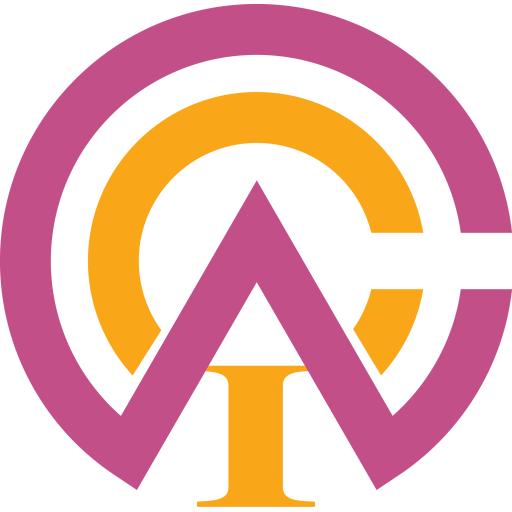
About us
Our mission
The Independent Anti-Corruption Advisory Committee (CCIA) was established in June 2021 by Presidential Decree as a joint independent international and national body. Its main purpose is to analyze systemic corruption issues that cut across Moldovan institutions and improve implementation of anti-corruption measures by the relevant parties.
The Committee performs research based on reliable facts and sources, then publishes its recommendations to optimize the effectiveness of the efforts of the Republic of Moldova in leading the fight against corruption. Subsequently, the CCIA assesses the implementation of said measures by state actors and stakeholders and renders the findings public.
The CCIA’s mission is to strengthen Moldova’s understanding of general and specific issues with respect to large-scale corruption and enhance its capacity to take appropriate action for greater impact on the life of the citizens of the Republic of Moldova.
CCIA Members
-
James Wasserstrom
CCIA co-chair
James Wasserstrom is a long-time anti-corruption expert and activist. He led the fight against corruption in public utilities for four years as senior staff at the UN Administration Mission in Kosovo; five years in Afghanistan as the US Embassy’s sole Advisor on Anti-Corruption; three years in Ukraine as founder and co-chair of an anti-corruption commission there, and currently at the CCIA as founder and co-chair. He is also a whistleblower, having uncovered alleged criminality inside the UN in Kosovo and its concealment by UN headquarters in New York; retaliation by the UN led to his termination.
-
Tamara Razin
CCIA co-chair
Tamara Razin is an expert in macroeconomics and international finance. During 14 years at the International Monetary Fund (IMF), she contributed to various projects in external sector statistics, including authoring several working papers, drafting manuals and compilation guides. She conducted multiple technical assistance missions to countries from Africa, Asia, Europe and Middle East, and authored the new architecture of IMF training. Previously, Tamara Razin worked at the National Bank of Moldova, where she oversaw the development of the Moldovan banking sector.
-
Drago Kos
CCIA member
Drago Kos is currently the Chair of the OECD Working Group on Bribery in International Business Transactions. Between 2011 and 2015, he was the International Commissioner and Chair of the Joint Independent Anti-Corruption Monitoring and Evaluation Committee (MEC) in Afghanistan. Between 2003 and 2011 he was the Chairman of the Council of Europe’s Group of States against Corruption (GRECO). In his own country, Slovenia, Drago Kos was the first Chairman on the Commission for the Prevention of Corruption in the period from 2004 to 2010. He was also a FIFA/UEFA referee and he still is a FIFA/UEFA referee observer.
-
Laura Ștefan
CCIA member
Laura Ștefan is an international expert in judicial reform, anti-corruption and anti-money-laundering. She has served as an expert for the European Commission, the United Nations Development Programme, the Organisation for Economic Co-operation and Development, the Council of Europe and the World Bank. Her professional experience spans over 20 years both in the public and in the private sectors. In 2011, the European Commission nominated her as a member of an Expert Group on Corruption. Between 2005 and 2007 Laura Ștefan was a Director in the Romanian Ministry of Justice responsible for anti-corruption policies. She is a member of CCIA since 2021.
-
Laurențiu Hadîrcă
CCIA member
Laurențiu Hadîrcă is an experienced lawyer with demonstrated history of working on human rights, legal reform, anti-corruption, conflict prevention and international affairs in the Balkans, Central and Eastern Europe, South Caucasus, and Central Asia. He has over 15 years of professional and progressively responsible legal experience with different international organizations, including the UN, the OSCE and the EU, in both field missions (in R. Moldova, Kosovo/Serbia, Albania) as well as central institutions (in Warsaw and The Hague). Laurențiu Hadîrcă has a strong legal and policy background with decades-long professional experience, including in conflict-affected areas, as well as academic credentials from several institutes and universities.
